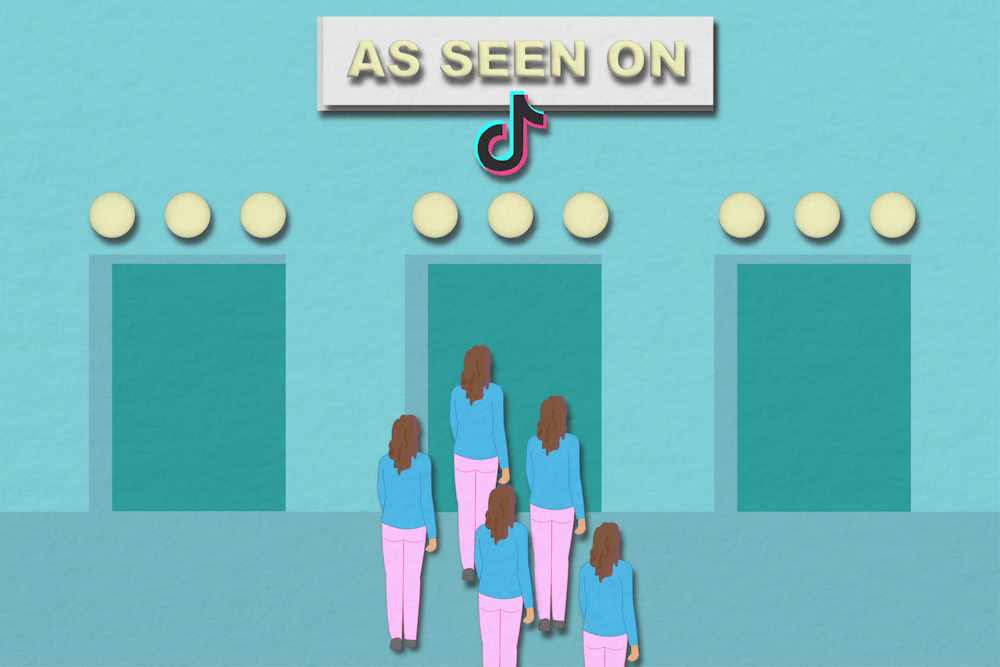Yesterday, I popped out my phone to brainstorm my last-minute Halloween costume. Before I could find anything cute and creative enough on Pinterest, I stopped in my tracks, disappointed.
When did I get too old to just brainstorm in my own head what I wanted to be for Halloween and how I was going to artfully accomplish it? I replaced my annual circling of costumes in a glossy magazine I'd been anxiously awaiting in the mail, to just pull out my phone and let it do all the work.
Who's to blame for this laziness? Equal parts me and the internet.
This is a guilt I've been having a lot lately: that I've lost an element of my own self-inquisitiveness to the ease of search engines and shared personal information that the internet gives me in milliseconds.
When the internet really rose to prominence, thanks to the World Wide Web, like most of us, I wasn't even alive yet. I've coexisted with smart technology my whole life, and while I've always known it's not good for me, I'm really starting to learn it's not good for my ingenuity.
Though I'm not a teenager anymore, I'm still having growing pains with my relationship with the internet.
It can be extremely hard to distinguish my personal voice online when I consume content and commentary daily from voices that are similar to mine. The internet has led me, and likely so many others, to question how blurred the lines of whether content I consume, subscribe to, like and repost actually align with my personal experience. Or is it just what's currently trending, creating an echo chamber of imagination?
Ultimately, it's a paradox. As a constant source of so much information, the internet can connect us but also push us into uniform ways of thinking and behaving. In a place where you'd think diversity is at its maximum, somehow it regresses toward the minimum.
Using these personalization systems, how much is really personal?




